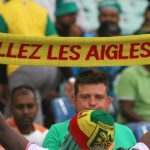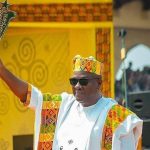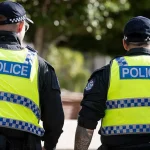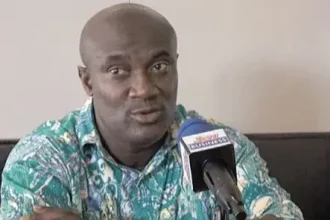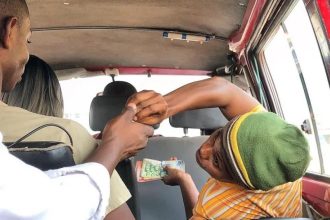The General Officer Commanding (GOC) of the Central Command of the Ghana Armed Forces (GAF), Brigadier-General Joseph Aphour, has claimed that soldiers at the scene of the protests in Ejura only fired because protesters fired first at them.
Brigadier-General Aphour was not at the scene on June 29 when the protests broke out in Ejura.
However, as the highest-ranking soldier in that part of the country, he is understood to be in a good position to be queried.
Aphour told the tripartite committee on Wednesday, July 7, that information available to him indicated that soldiers who had been called to the scene fired in response to shooting by the protesters.
The first two men who had been interviewed by the committee, Ashanti Regional Minister Simon Osei-Mensah and Ashanti Regional Correspondent for Multimedia Erastus Asare Donkor, did not mention witnessing what Aphour alleged.
However, Deputy Superintendent of Police (DSP), Philip Kwadwo Hammond, Ejura District Police Commander, seconded Brigadier-General Aphour’s story.
The police capo, who appeared in the afternoon on the same day as Aphour, said police who had been quick to the scene on that fateful day heard pump-action guns being fired.
Still, the claim that protesters, some of whom were killed by fire from security forces, fired at police and soldiers is new information in the grand scheme of public knowledge of the incident.
“When we got to the general area of the cemetery, and they [protesters] started issuing warning threats to the police and military team, we started giving verbal warnings which we do in the military, but they didn’t listen. So we fired warning shots, and we realized that some shots were also fired from the crowd, at that stage, it was becoming too bad for civilians to be firing at the security personnel,” argued Brigadier-General Aphour.
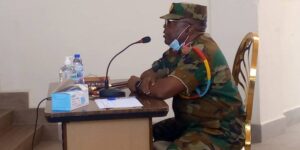
The GOC of the Central Command also justified the shots fired at protesters saying, “of course, when you [security personnel] fire warning shots, and you see people firing from the crowd, certainly you have to use live ammunition to maim”.
This is not the first time top security personnel have justified the use of deadly force by security agents at the protests.
Last week, the Inspector-General of Police (IGP) James Oppong-Boanuh defended the occasional use of force by police personnel to quell protests, especially if officers’ lives are under imminent threat, supposedly as in Ejura.
The IGP, who appeared before the Public Accounts Committee of Parliament on Wednesday, June 30, stated that unforeseen circumstances might sometimes warrant the use of reasonable force to respond to escalating situations.
In response to questions by members of the Committee on the recent killings in Ejura-Sekyeredumase during a protest by the youth, the IGP insisted that security personnel often act based on prevailing situations on the ground.
The Committee of Inquiry
The three-member committee of inquiry was announced on the afternoon of Thursday, July 1 by Minister of Interior, Ambrose Dery.
It comprises George Kingsley Koomson, a judge in the Court of Appeal, international relations and security expert Prof. Vladimir Antwi-Danso, and Juliet Amoah, a media-tech innovator.
The tripartite committee was given a 10-day period with which to complete their investigations.
The constitution of the committee followed a directive by President Nana Akufo-Addo to the Ministry of Interior to investigate the circumstances that led to the death of social activist Ibrahim Anyass Mohammed and others during a protest in Ejura.







